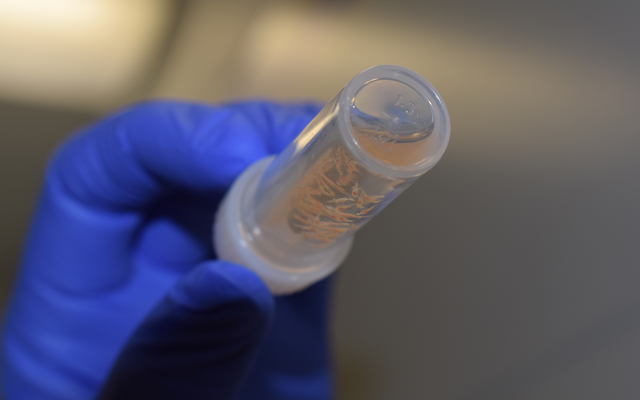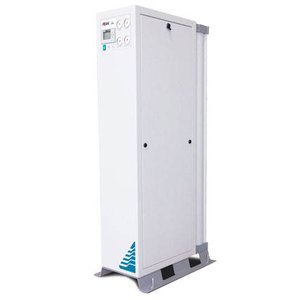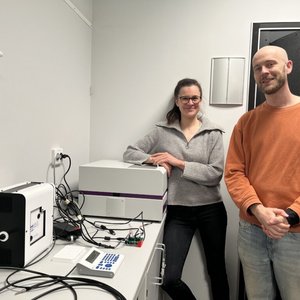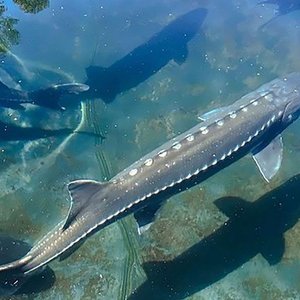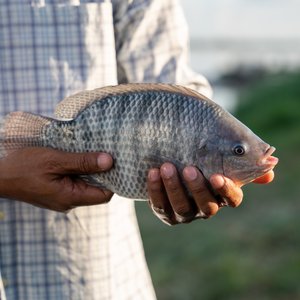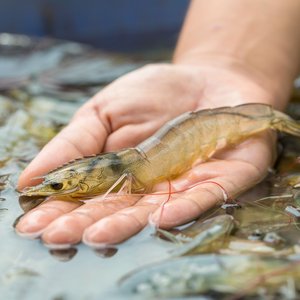Australia-based Genics has a reputation for ground-breaking innovation delivering world-leading pathogen detection and breeding tools for farmers across the globe. The company’s mission is to create the world’s most advanced pathogen detection company delivering global food security while executing its vision to help farmers reduce risk, boost productivity and sustainability to meet increases in global food demand.
In recent months during the global COVID-19 pandemic, Genics’ team of specialist scientists have worked relentlessly to raise the bar and offer shrimp farmers of nations around the world a new and powerful tool empowering them to reduce animal disease and have greater control of their farms’ performance through the power of data-driven decision making.
As a result, the company launched Shrimp MultiPath Xtra, the new state-of-the-art early warning system for farmers that enjoys all the data collection innovation found in the original Shrimp MultiPath with the much-anticipated addition of Decapod iridescent virus 1 (DIV-1) which emerged in East Asia around 2014 and is now causing high mortalities in shrimp production and economic losses in many regions of the world.
Emergence of DIV1
Decapod Iridescent virus 1 (DIV1) is a recently emerged infectious agent causing high mortality in Penaeus vannamei. DIV1 can affect late-postlarvae, juvenile and subadult shrimp, mainly during low-temperature seasons. The very recent emergence of the virus has not allowed sufficient research to link external effects such as environmental, nutritional, physiological or pathological stressors to influence the susceptibility and level of mortality of the viral disease. The main target organs for DIV1 infections are hematopoietic tissue, gills and hepatopancreatic sinuses. High mortality of up to 80% has been reported in farmed P. vannamei.
DIV1 virus has additionally been detected in wild specimens of P. monodon caught in the Indian Ocean, and it is therefore highly recommended to screen every batch of wild-caught P. monodon broodstock destined for use in commercial shrimp aquaculture facilities for DIV1 viral load by molecular-based tests like PCR.
The Shrimp MultiPath Xtra PCR test will help to confirm DIV1 infections as well as provide information to producers about the presence and/or absence of this virus and other shrimp pathogens frequent in culture systems, in a precise, reliable and quantitative way (number of pathogens per sample).
More information here. Read also Genics' latest article and how this platform can help hatchery farmers.


